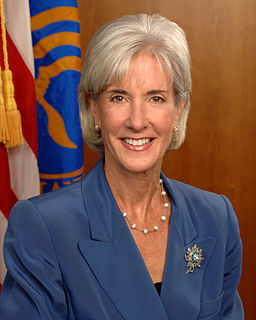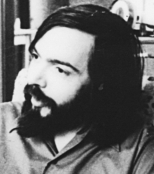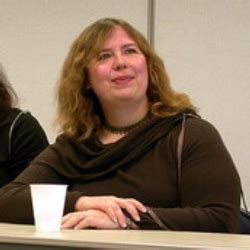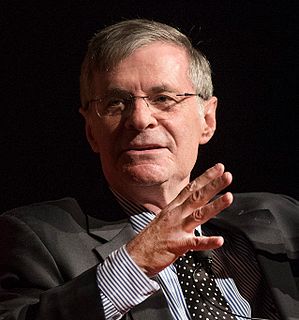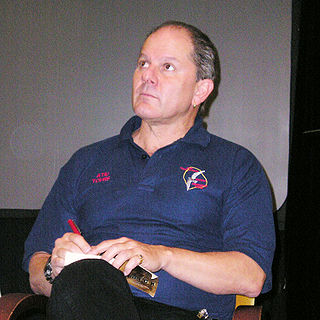A Quote by David Brin
Not all SF or fantasy has to inspire new scientists and engineers.
Quote Topics
Related Quotes
There's a long-standing (50 year old) flame war within the field over whether it's "sci-fi" or "SF".SF has traditionally been looked down on by the literary establishment because, to be honest, much early SF was execrably badly written - but these days the significance of the pigeon hole is fading; we have serious mainstream authors writing stuff that is I-can't-believe-it's-not-SF, and SF authors breaking into the mainstream. If you view them as tags that point to shelves in bricks-and-mortar bookshops, how long are these genre categories going to survive in the age of the internet?







